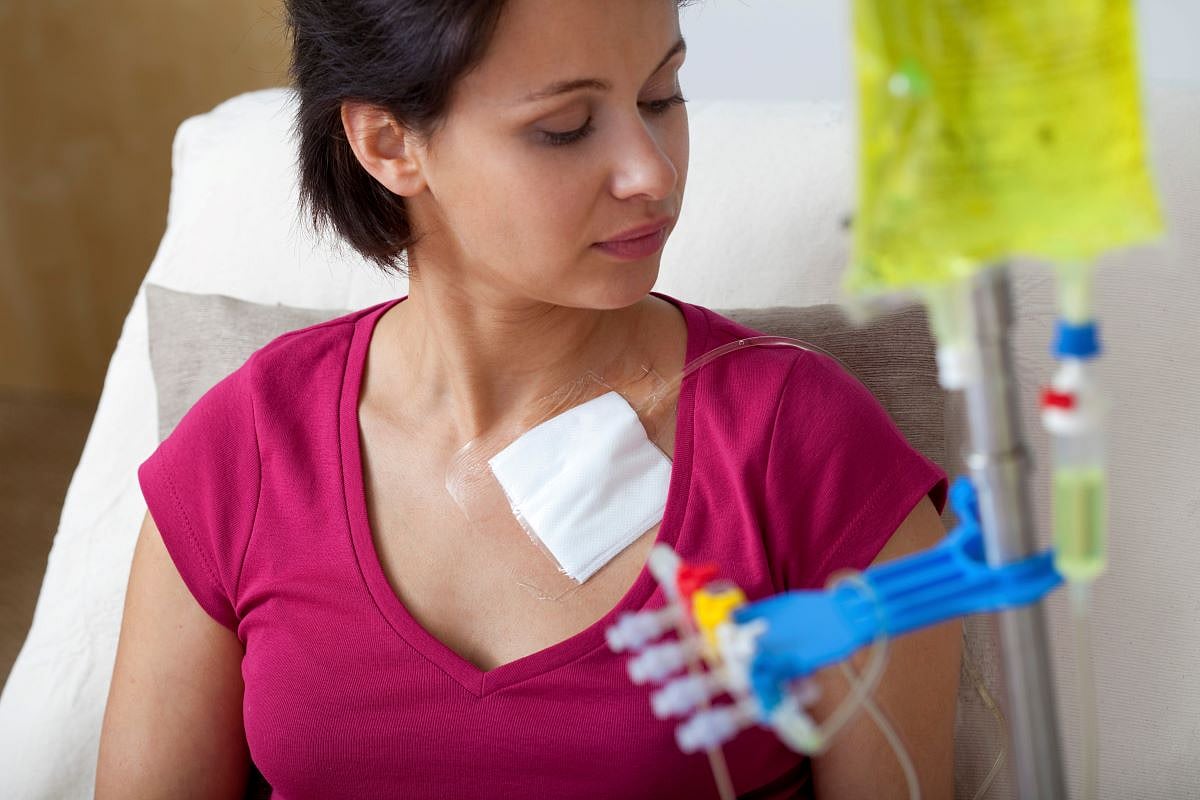Adding nivolumab to neoadjuvant chemotherapy significantly increases pathological complete response rates
By Elana Gotkine HealthDay Reporter
THURSDAY, Feb. 6, 2025 (HealthDay News) — For patients with high-risk, early-stage estrogen receptor (ER)-positive, human epidermal growth factor receptor 2 (HER2)-negative primary breast cancer (BC), adding nivolumab to neoadjuvant chemotherapy increases pathological complete response (pCR) rates, according to a study published online Jan. 21 in Nature Medicine.
Sherene Loi, M.B.B.S., Ph.D., from the Peter MacCallum Cancer Centre in Melbourne, Australia, and colleagues examined the benefit of adding nivolumab to neoadjuvant chemotherapy in patients with newly diagnosed, high-risk, grade 3 or 2 (ER 1 to ≤10 percent) ER-positive/HER2-negative primary BC in a randomized, multicenter, phase 3 trial involving 510 patients. Participants were randomly allocated to receive anthracycline and taxane-based chemotherapy with either intravenous nivolumab or placebo.
The researchers found that compared with placebo, the nivolumab arm had a significantly higher primary end point of pCR (24.5 versus 13.8 percent), with greater benefit seen for those with programmed death ligand 1-positive tumors (44.3 versus 20.2 percent). No new safety signals were identified. Five deaths occurred in the nivolumab arm, two of which were related to study drug toxicity, while there were no deaths reported in the placebo arm.
“We hope that these results inform treatment decisions and, in turn, improve outcomes for patients with breast cancer, ultimately improving cure rates,” coauthor Heather McArthur, M.D., M.P.H., from the University of Texas Southwestern Medical Center in Dallas, said in a statement.
Several authors disclosed ties to pharmaceutical companies, including Bristol Myers Squibb, which manufactures nivolumab and funded the study.
Copyright © 2025 HealthDay. All rights reserved.








